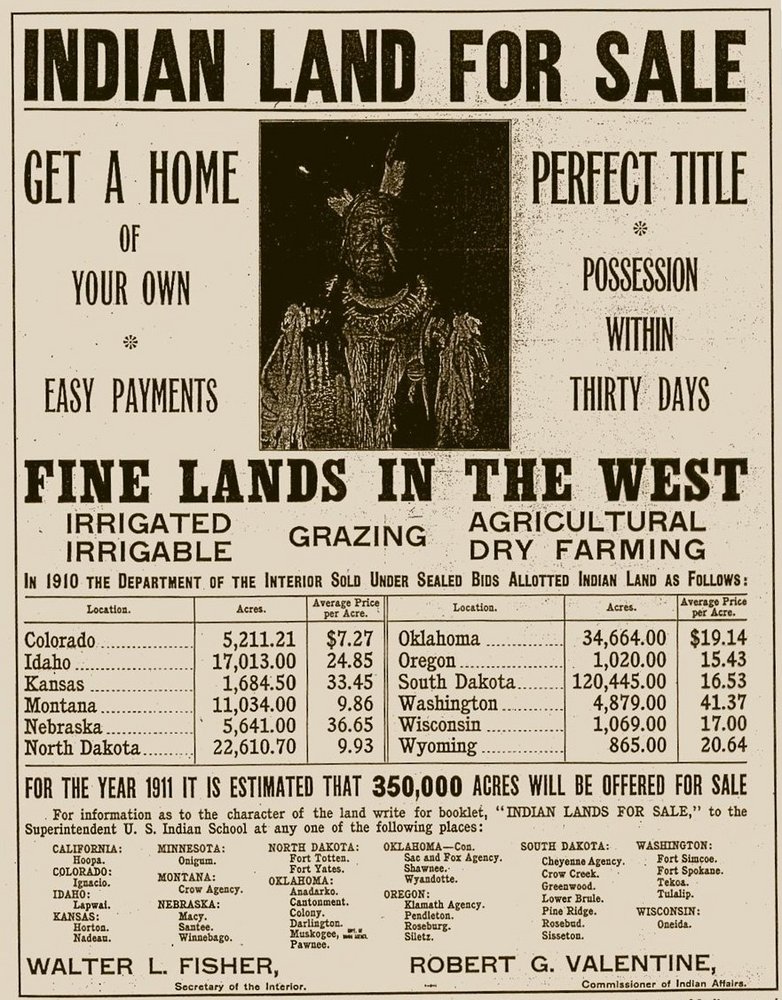As a result of this court case, these two children could now go to the same school together.
Linda Brown and her father Oliver tried to enroll her in a white elementary school that was closer to her house, rather than the far away black school. He appealed to the NAACP for help, and in the ensuing court case the argument was that segregation made black children feel inferior and therefore was not "separate but equal," and the other side replied that school segregation was just preparing children for the segregation they'd face in their later lives. The court felt compelled to rule in favor of the Plessy v. Ferguson decision, even though they had evidence that the statement wasn't actually true. The decision was appealed to the Supreme Court, which eventually ruled under Chief Justice Earl Warren that segregation had no place in public schools, and thereby struck down the longstanding Plessy v. Ferguson decision and required desegregation of public schools in America. However, this did not provide for any desegregation of other public places such as bathrooms or restaurants.















